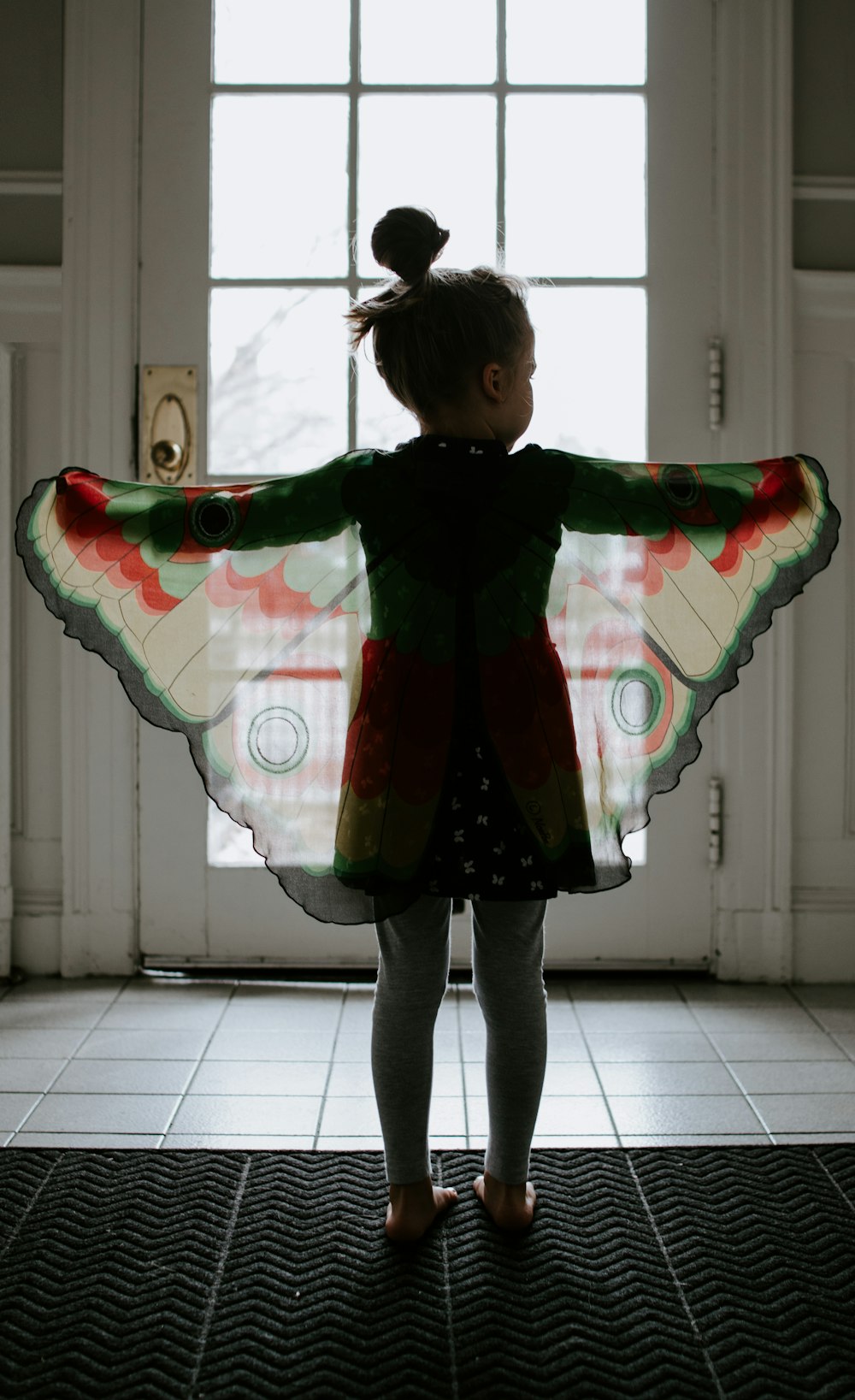Dear Readers,
The 92nd edition was well received and there were some interesting comments too.
Tarun Kunzru has this to say: In the end, it's relationships that build a common network. The family tree is but a genetic connection, outdated as an operating unit. What drives this relationship network is commonality — interests, values, temperament, and dependence. The world is “truly flat”. The Banyan tree isn't.
Vijay says Banyan to Bonsai — very interesting article. It made me remember our younger days spent in the joint family in Mysore. Now we're all in Bonsai. It's a pity that we may not see Banyan again.
Jyothi says: Even though share & care is more for the Bonsai, to understand relationships & values, a joint family environment (if not Banyan) at least growing up with Ajji & Thatha will be good for kids.
Both S G Murali and Ashvin gave a lengthy account of their Banyan tree and how that bond continues even today. Despite the fact most of the family have set up their own homes, they all flock together to celebrate a festival or go on a holiday as if the Banyan tree is on the move.
💭 Imagination & Knowledge
Which do you think comes first? Does imagination lead to knowledge, or does knowledge aid imagination? Or is it a kind of ‘chicken or egg situation?’.
Let me start with a quote by Einstein:
“Imagination is more important than knowledge. For knowledge is limited to all we now know and understand, while imagination embraces the entire world, and all there ever will be to know and understand.”
Let us test the proposition with a simple comparison of fiction and non-fiction. I don’t assume that anybody would disagree that fiction is a product of the author’s imagination and non-fiction is premised on a certain pre-existing knowledge base coupled with some imagination as to what the future holds.
Extending the logic, an author like Isaac Asimov who wrote a number of science fiction stories had a fertile imagination of the mysteries of outer space. He may have had some knowledge about science and space, considering that during World War II he worked at the Naval Aviation Experimental Station in Philadelphia and had begun contributing stories to science-fiction magazines as early as in 1939. Nevertheless, his works were essentially imagination of a futuristic kind.
Similarly, many other authors who have written stories involving the legal, medical, or any other profession have relied on their imagination fuelled by professional knowledge acquired by them through research and consultations. The same reasoning extends to fiction in which a particular city or country features.
If a person is thinking through the pros and cons of a particular situation, is that person using his imagination or is that person aided by facts and situations which essentially constitute pre-existing knowledge? I would like to believe that the person is imagining the possible outcomes, but with the help of knowledge that pre-exists.
However, imagination need not be based on preconceived notions. It could be spontaneous, but not entirely unprovoked. If you asked a girl to imagine she is flying and asked her to draw, she might produce a caricature of her flying with wings like a fairy. If you asked the same thing of a boy, he might draw himself flying like a superman or batman. The word ‘fly’ could trigger two very different sets of imaginations, one of a fairy and the other of a Superman, but both fictional characters. What’s important is that if you want your ideas to take wings, you should have a childlike inquisitiveness and imagination. A quote attributed to the famous boxer Muhammed Ali reads: “The man who has no imagination has no wings.”
Knowledge can fuel the imagination. If you were conducting a class on climate change, and you asked the students to pictorially communicate a message, the results can be very different and fascinating. The students may let their imagination influence their artistic efforts, but it would betray their prior knowledge and understanding of climate change, however little. One student can show a picture of windmills symbolizing green energy, another a drawing dealing with emissions, yet another might show rainwater harvesting and so on.
When people say “use your imagination”, they are actually asking you to draw on your prior knowledge or your own understanding of the context. This is what happened when you asked the students to picturise climate change.
Imagination is best explained by this simple quote from Michelangelo: “I saw the Angel in the marble and carved until I set him free”. His knowledge of human anatomy and geometry helped him accomplish what he had imagined.
In certain instances, imagination may reveal the kind of person you are, your disposition, or the state of your mind. This can be illustrated by the way psychometric tests are used to objectively gauge the cultural and personality fitment of candidates, which enables employers to predict the behavioural patterns and performance of the candidate best suited to a particular job role.
I can share one of my own experiences. Way back in the 60s, when I took a shot at getting into the army, I underwent this test at the recruitment centre on Cubbon Road, Bangalore. The group of which I was a part was shown certain pictures on screen, and were asked to provide a narrative that we thought would adequately explain what that picture meant to us or what was communicated to us.
One such picture was of a man sitting near a window on a train with his head bent and his hand on his chin. We were asked to write about that man in 3 minutes. I took a hard look at it and realized that as an aspiring candidate for an army job, my narrative should display a positive frame of mind and a sense of optimism. My narrative of this and other pictures saw me through the test (though I failed in an obstacle course test). A couple of guys who failed had interpreted that picture of a man as someone in grief who after having received very bad news from his native village was now on a train to get there.
Knowledge and imagination are both boundless. The quest for knowledge is unending, and the imaginative mind is forever engaged in reflecting, crystal gazing, and visualizing. The moot question is while knowledge can be imparted, can imagination be taught? It would appear feasible, as both are predicated on one’s inquisitive mind. It is believed that imagination can reach a higher plane if one has been in pursuit of knowledge.
What is the role of information? Does it aid knowledge building and enhance imagination capabilities? Would you agree if anyone should say “information is not knowledge, but knowledge is information’? I would, because knowledge is a bundle of verified and validated information databases leading to a greater understanding of the subject. Information, on the other hand, may expose you to a subject, but it stops there unless you are determined to build on that information, resulting in some knowledge acquisition.
Let me try to illustrate. We are adept at using search engines to get some information. If the requirement for any information is transient, you may not give it any more attention than it deserves at that relevant time. If the pursuit of information is part of your research to enhance your knowledge of that particular subject, the information that you get is far more enduring and value accretive.
Knowledge aids logical deductions. Information sought casually but unrelated to enhancing knowledge remains just information that was needed for that moment. If you are a historian keen to study the situation in Ukraine and if you ask Alexa for more information on Kyiv, you seek that information to augment your pre-existing knowledge. But if you simply asked: “Alexa, will it rain in Bangalore today?” you will get some information that may help you plan your day and nothing more.
I can go on and on and write all that I imagine or write all that I know. But let me stop by referring to the power of imagination in a growing child. Imagination is the foundation on which the child’s knowledge is based. A child’s imagination that a brown cow gives brown milk is perhaps the best-unadulterated example of imagination leading to the realization of reality. That’s an entirely different topic for some other time.
Let me end this post with another quote from Albert Einstein:
“Logic will take you from A to B. Imagination will take you everywhere”
Information that COVID is on the wane is making the rounds. Yes, it is just information.
Take care. Until next week, au revoir.






Sir, nice article with usual "MRP" flavour filter coffee.